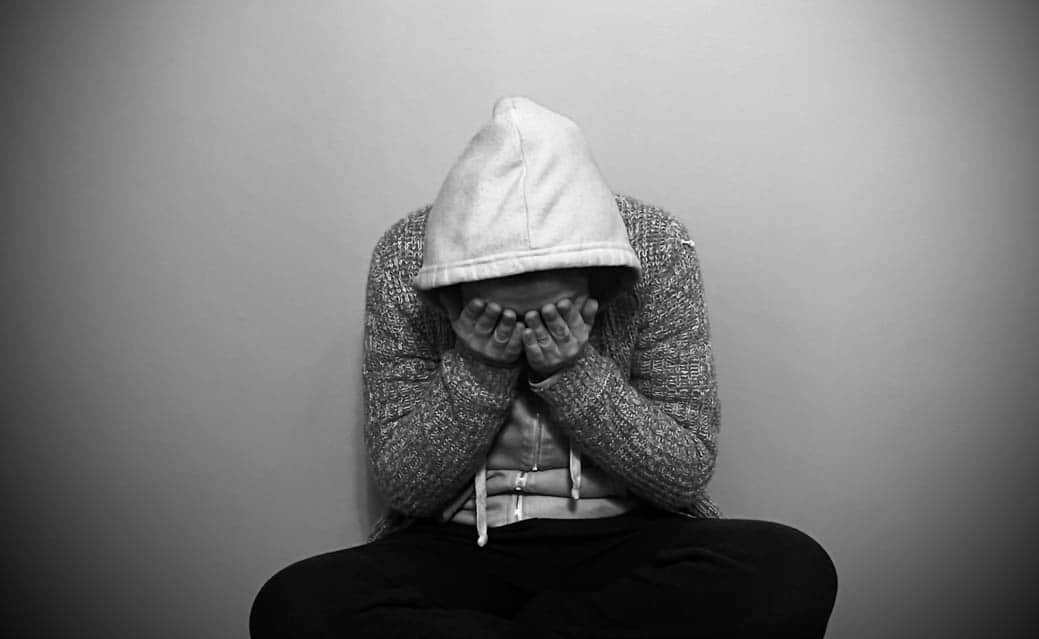Students voice their concerns regarding the current leave of absence policy
The UTLU invites students to a virtual meeting where speakers discuss the current state of mental support and accommodations offered by U of T.
On January 20, Alicia Krishna from the U of T Law Union (UTLU) hosted a virtual meeting where speakers discussed the risks of the University Mandated Leave of Absence Policy (UMLAP). Students were invited to join via a public Zoom link and ask questions.
Over the years, the policy struck controversy among the University of Toronto Mississauga (UTM) community, as its administration bore the right to remove students from their courses if deemed mentally unstable and a threat to others’ safety.
The speakers consisted of four panellists: Courtney Joly-Lowdermilk, director of the Strategic Services Initiatives for the Center of Psychiatric Rehabilitation at Boston University; Diane Wintermute, a lawyer at the ARCH Disability Law Center; Karen Bower, a lawyer whose practice focuses on disability discrimination cases in higher education settings; and Nkem Ogbonna, a U of T alumna who currently works with the ASE Community Foundation for Black Canadians with Disabilities.
Ogbonna begins by describing the frustrations felt by several students regarding the university’s current mental health services. “Students don’t really feel like they can advocate for themselves especially if they are being perceived as a threat due to things that are actually just rooted in racism, phobia and so on,” states Ogbonna.
Ogbonna emphasizes her experience as a Black student is not the same as other students. She goes on to mention that the treatment she received by UTM is notably different from students who are not Black.
Her concerns raise questions about the university’s policy and have caused several students to question whether marginalized groups are treated differently based on their visible features.
“A lot of times [Black students] would be talking to themselves or be talking to their ancestors as part of their spiritual journey,” Ogbonna explains. She mentions that the policy does not consider the cultural differences of students at UTM, and how mental health is a different experience for everyone.
“I think transparency is essential. We want to encourage students to take leaves of absence if it’s necessary,” states Bower. Having an accessible, written policy is critical for students to determine a fair leave of absence policy.
“You can’t have discriminatory conditions placed on a student who is placed on a leave of absence,” explains Bower. She goes on to argue that for a student under consideration of being placed on mandatory leave and one that already is on leave, discriminatory handling of the accommodations process cannot be tolerated.
However, the issues regarding U of T’s mental health services extend beyond the UMLAP.
“If the accommodations process [for students in need of assistance] is robust and proactive, I wonder whether we would need a mandate for the policy,” says Wintermute, bringing to question the adequacy of the university’s existing mental health support and accommodation services.
She continues by stating that the application form for accommodations is 20 pages long, already a barrier to accessibility.
Some of the questions asked in the policy were also brought up in the discussion, where some deemed them inappropriate. “There was a question about disclosing your diagnosis. With [Navi] Dhanota and York University, the settlement prescribed that diagnosis cannot be a condition for getting accommodations in post-secondary education,” Wintermute says.
The application also includes questions about family history of mental issues, which is considered invasive, labelling, and irrelevant by several UTM students.
Joly-Lowdermilk argues that if the university cannot offer suitable accommodations and support, it should recommend external resources, such as off-campus counselling services to students in need.
The meeting enabled several students to voice their concerns regarding U of T’s current and controversial policy. The mental health of students is a pressing matter, and students should not feel that their choices are limited when it comes to seeking help.

